Low intensity grazing by wild and semi-wild herbivores delivers a wide range of benefits to people and nature. The fourth in our ongoing series of impact stories takes a look at how rewilding has enhanced such grazing within European landscapes over the last decade.
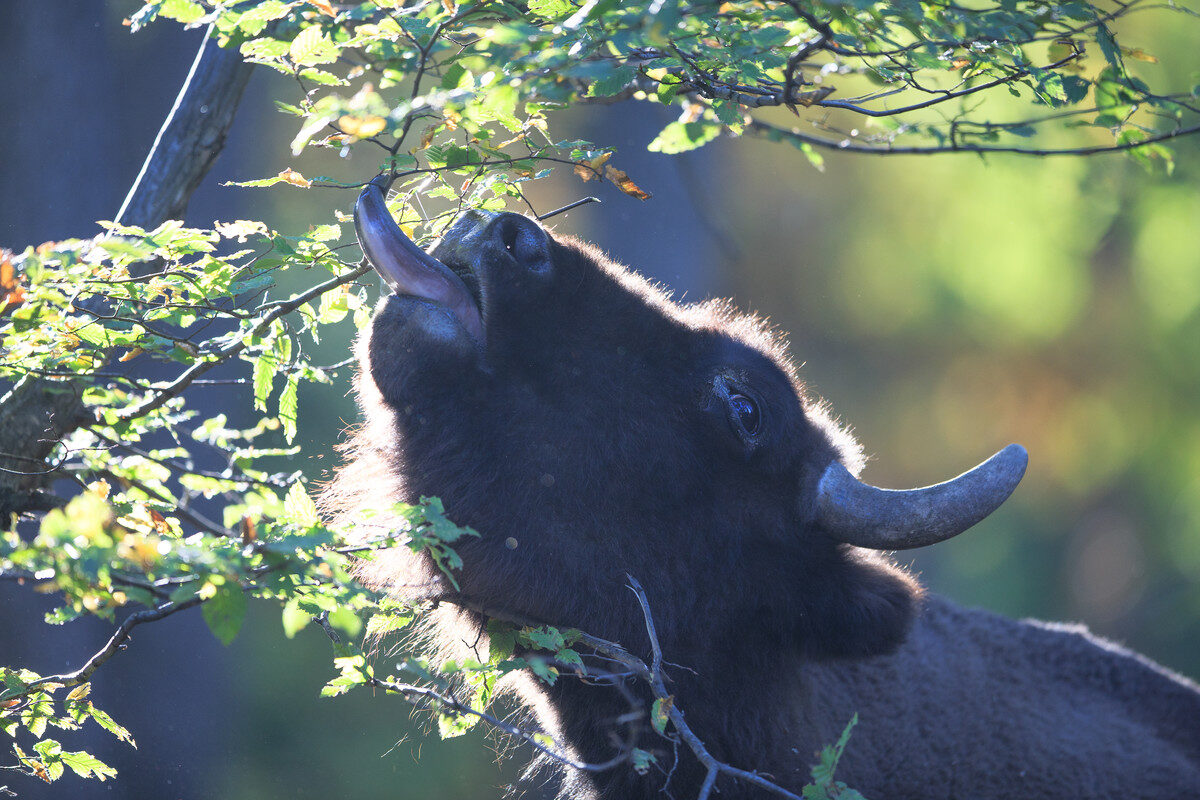
Amazing grazing
Natural grazing by herbivorous animals such as horses, bison and deer is critical to the functionality and resilience of many European ecosystems. It can increase biodiversity by opening up landscapes and preventing encroachment by shrubs, reduce the risk of wildfire, and increase carbon storage and climate change resilience. Returning iconic grazers such as European bison and kulan (Asiatic ass) to the landscape can also support the growth of nature-based economies, generating jobs and a new pride in local nature.
This wide range of positive impacts is the reason why Rewilding Europe has worked so hard to boost natural grazing in Europe over the last decade. The fourth in our series of impact stories – which are designed to celebrate our ten-year anniversary – looks at how rewilding has enhanced natural grazing in many European landscapes over the last decade.
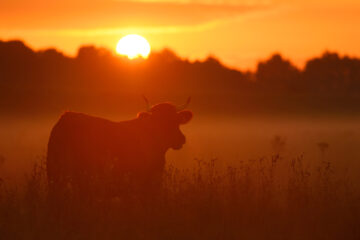
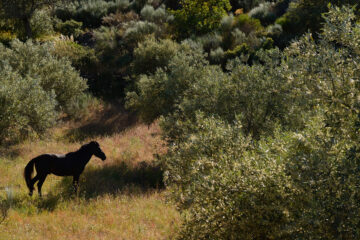
Diverse benefits
Today, the ongoing trend of land abandonment and rural depopulation that characterises many parts of Europe means the influence of livestock on the landscape is diminishing. As a result, extensive swathes of land are gradually being encroached on by shrubs and bushes, which means there is a growing need and opportunity to return free-roaming wild herbivores (or their close equivalent) to European landscapes.
Since 2011, Rewilding Europe has been working to increase populations of wild and semi-wild herbivores across Europe – both within its own rewilding landscapes and by supporting other European rewilding initiatives. Such efforts have involved creating the conditions for such species to come back of their own accord, as well as direct reintroductions and restockings, and also given rise to initiatives such as the European Wildlife Bank and the Tauros programme.
The latest impact story provides details of these rewilding efforts and the increasing benefits that growing herds of wild and semi-wild herbivores are providing. It also profiles the work of the GrazeLIFE initiative to create a better enabling environment for natural grazing in Europe, and discusses the lessons Rewilding Europe has learned since natural grazing efforts began.
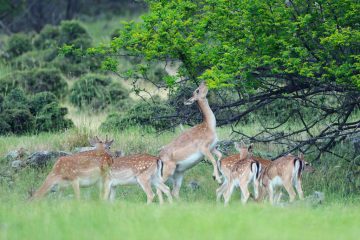
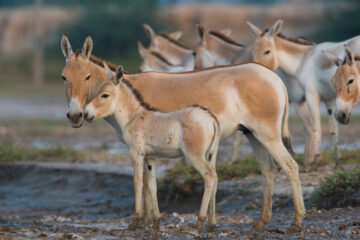
Future focus
Rewilding Europe will continue its efforts to scale up natural grazing as a cornerstone ecological process across Europe over the next decade. This is part of our renewed commitment to creating wilder nature, which is outlined in our new Strategic Plan 2021-2030.
“By 2030 I would like to see much larger numbers of wild and semi-wild grazers across all of Rewilding Europe’s rewilding landscapes, and for a mix of herbivore species – bison, horses, deer, Tauros – to be present,” says Rewilding Europe’s Head of Rewilding Raquel Filgueiras. “Then we will really start to see the beneficial ecological impact of natural grazing take off.”
Read the Natural Grazing Impact Story
or
